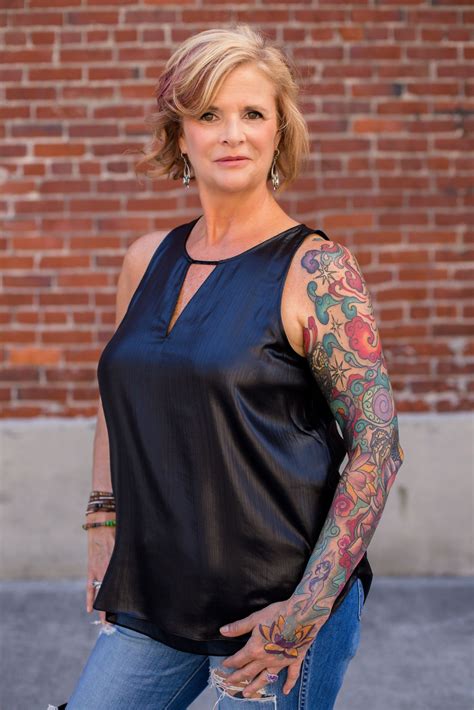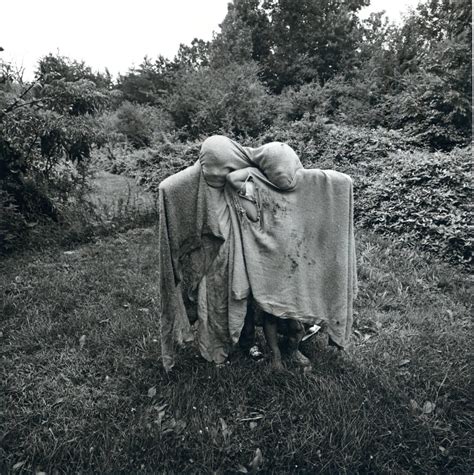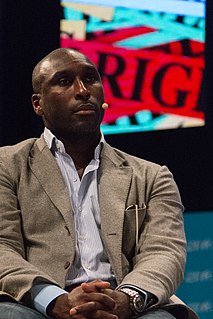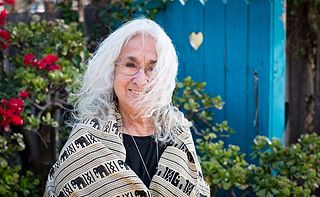A Quote by George Saunders
I'm from a pretty working-class background, and I really worked hard in my life to eradicate those parts of myself that were stupidly trapped in that world.Those of us who come up that way made a series of choices to benefit ourselves and make ourselves more generous and open.
Related Quotes
Many of our feelings of satisfaction or dissatisfaction have their roots in how we compare ourselves to others. When we compare ourselves to those who have more, we feel bad. When we compare ourselves to those who have less, we feel grateful. Even though the truth is we have exactly the same life either way, our feelings about our life can vary tremendously based on who we compare ourselves with. Compare yourself with those examples that are meaningful but that make you feel comfortable with who you are and what you have.
The question of what we are can only be answered by ourselves. We each decide what we are by the life choices we make. How we were made, who are parents are, where we are from, the color of our skin, who we choose to love, all those things do not define us. Our actions define us, and will keep defining us until even after death.
The disowned parts of ourselves are what get in the way of us having the relationships we long for, the careers we don't know how to create, and the goals we want to achieve. It is by getting in touch with ALL the parts of ourselves - by having a gentle dialogue with all the "selves" we have inside - that we integrate them into a more comfortable, peaceful way of being with ourselves.
In trying to express only those aspects of ourselves that we believe will guarantee us the acceptance of others, we suppress some of our most valuable and interesting features and sentence ourselves to a life of reenacting the same outworn scripts. Reclaiming the parts of ourselves that we have relegated to the shadow is the most reliable path to actualizing all of our human potential. Once befriended, our shadow becomes a divine map that—when properly read and followed—reconnects us to the life we were meant to live and the people we were meant to be.
Of course, this is one of the really important things about art, that you can make more than you can understand at the moment the thing is being made. But the gap between what we recognize inside ourselves - our feelings- and our ability to trust ourselves and to trust exposing ourselves to those ideas, can be great.
I wonder why anyone would hesitate to be generous with their writing. I mean, if you really want to make a living, go to Wall Street and trade oil futures ... We're writers. We're doing something that is inherently a generous act. We're exposing ourselves to the muse and to the things that frighten us. Why do that if you're not willing to be generous? And paradoxically, almost ironically, it turns out that the more generous you are, the more money you make. But that's secondary. For me, the privilege of being generous is why I get to do this.
We do the best we can," she said softly, looking inward. "And punish ourselves for it. I've tried to make my choices with the idea that I've made those choices for the greatest good. Sometimes someone suffers in the process, but I made the decision for the right reason. That should count for something, shouldn't it?
As Gandhi wisely points out, even as we serve others we are working on ourselves; every act, every word, every gesture of genuine compassion naturally nourishes our own hearts as well. It is not a question of who is healed first. When we attend to ourselves with compassion and mercy, more healing is made available for others. And when we serve others with an open and generous heart, great healing comes to us.




































